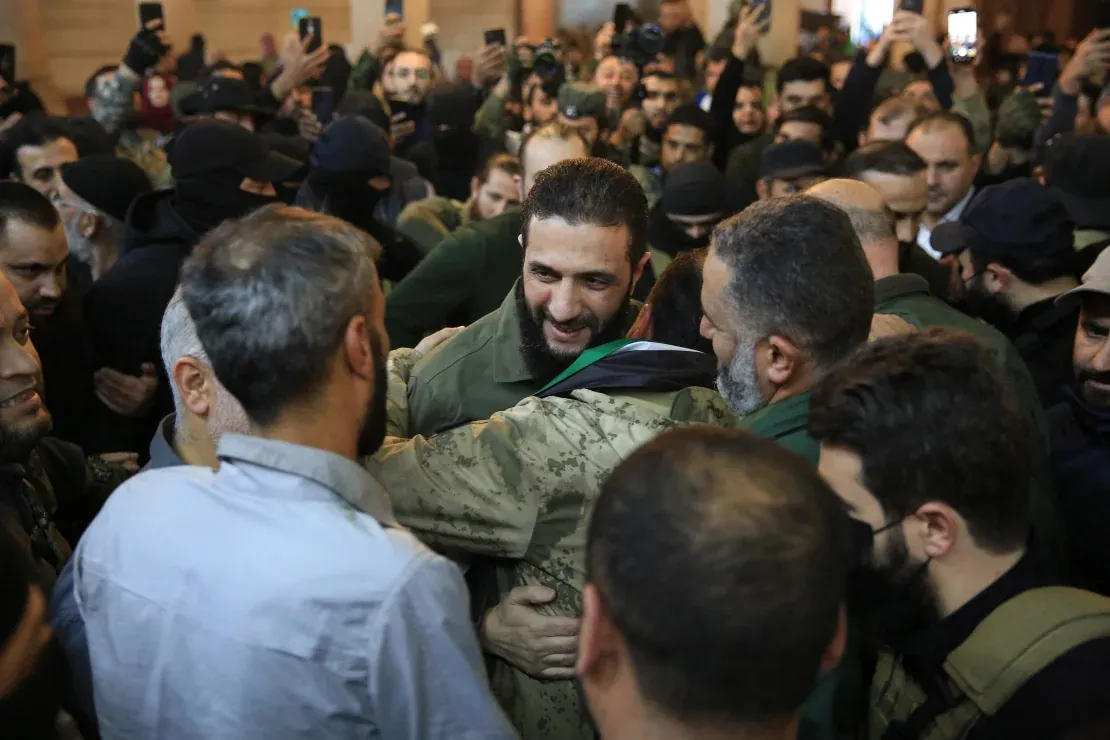Abu Mohammed al-Jolani, leader of the Hayat Tahrir al-Sham (HTS) group, marked the toppling of Syrian President Bashar al-Assad with a victory speech at the historic Umayyad Mosque in Damascus. The speech, delivered against the backdrop of the mosque’s 1,300-year-old splendor, was steeped in symbolism and carefully calibrated messages for domestic and international audiences.
Jolani, now using his real name Ahmed al-Sharaa, framed the victory as a unifying triumph for the Islamic nation. He acknowledged the sacrifices made by Syrians under Assad’s regime, while emphasizing the need to move beyond sectarian divides that have long fractured the country.
He pointedly criticized Iran’s influence in Syria, vowing to end Tehran’s “sectarian ambitions” and its support for Hezbollah. This declaration signals a shift in the region’s power dynamics, as the HTS leader seeks to distance Syria from Iran’s influence, which had been central to Assad’s survival.
Jolani’s words were also a clear signal to Washington and Tel Aviv, where he remains a controversial figure, officially designated as a terrorist with a $10 million bounty on his head. His recent efforts to rebrand himself as a moderate leader and his CNN interview appear aimed at gaining recognition from Western powers. U.S. President Joe Biden noted that Jolani was “saying the right things” but stressed the need to judge him by his actions.
Domestically, Jolani pledged to rid Syria of its narco-state reputation, highlighting Assad’s regime’s role in producing and trafficking Captagon, a drug fueling crime across the region. He called this a step toward restoring Syria’s dignity and regional standing.
The speech reflects Jolani’s broader strategy: to consolidate power, gain legitimacy, and reassure both regional and global players of his intent. However, his survival and credibility will depend on actions that prove his commitments to sectarian tolerance, regional stability, and governance in the post-Assad era.

